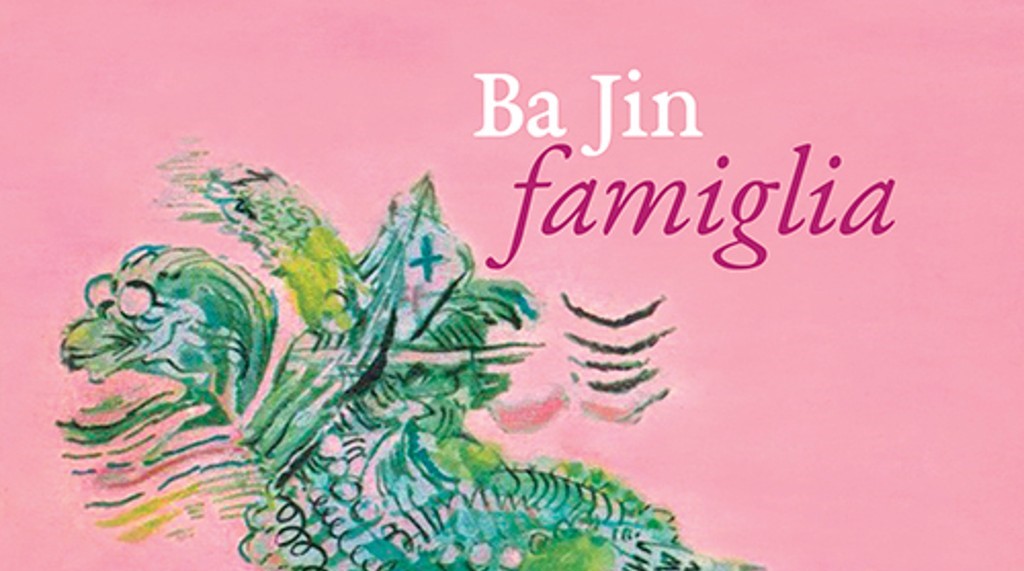There is an old Italian adage about translation that goes like this: traduttore traditore—“the translator’s a traitor.” The two words make for an easy pun whose catchiness baits the translation pundit to subtler allusions: because tradurre and tradire share similar etymologies that are built around the prefix trans (across) and the Latin verbs ducere (to lead) and dare (to deliver), the translator as “one who brings something across” is indeed, to some figurative extent, a traitor. The adage cautions the reader against the invisible power that the translator exerts over the text, though it does so by relying on an image—that of translation as a sort of mechanical delivery—which, as most translators know well, simply does not hold up in practice.[1] Still, the image of translation as metaphorical betrayal retains a grain of truth, in that the practice of translation relies upon an interplay of allegiances—to the text, the language, the author, and the reader—that are necessarily fluid and require ongoing negotiation.
Posts filed under 'a doll’s house'
Every Choice is a Renunciation: Some Remarks on Translating Ba Jin’s Jia

How is it possible to draw clear boundaries between revisions motivated by stylistic concern, rather than by ideological repositioning?
